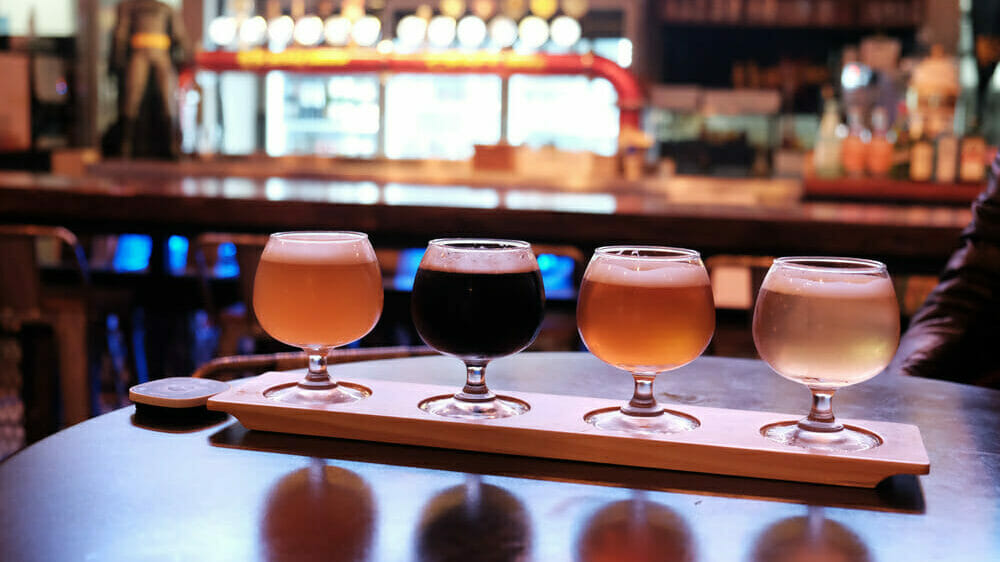Russia conducts experiment with online retailing of wine

The Eurasian Economic Commission (EEC) said that the experiment with the online retailing of wine by Russia violates the rights of other member states of the Eurasian Economic Union (EEU). According to the RBC news agency, the EEC sent this letter to the Kremlin in December 2022.
The regulator believes that online retailing of only Russian-made wines is going to violate the EEU arrangements which demand member states support the free flow of goods within the common market. Suppliers from all the EEU member states must be provided with equal rights in every country of the organization.
In turn, the Russian Ministry of Finance said that the country is ready to discuss the issue and will lift restrictions for foreign wine producers once the experiment is over.
Nevertheless, Armenia is the only country apart from Russia that can benefit from the online retailing of wines. Kazakhstan, with its 3,000 hectares of vineyards, isn’t a big wine exporter, while Belarus specializes in strong drinks. The fifth member of the EEU – Kyrgyzstan – produces some wines, but Russian consumers aren’t aware of them, according to Alexander Stavtsev from Wine Retail.
In 2007, Russia banned the online retailing of alcohol despite a business outcry. In 2018, the Ministry of Finance came up with the idea to lift the ban and restore the online trade of alcohol but health and internal ministries strongly opposed the initiative. In 2021, Russian President Vladimir Putin ordered the cabinet to launch the experiment with Russian-made wine delivery. As the Izvestiya newspaper reported, the experiment will start in Moscow and the Moscow region on November 2023 and will last until July 31, 2026.
Now the draft law on the online retailing of wines must be reviewed by the Russian cabinet. So far, the country’s authorities are planning to sell Russian wines through aggregators of the Russian Post. Later, the initiative might be expanded at the expense of marketplaces. The Vedomosti newspaper wrote that the issue had already been discussed with Maxim Oreshkin, an aide of the president. In addition to online platforms, the authorities want big trade houses to also participate in the experiment. However, the Ministry of Finance noted that it isn’t worth talking about new participants in the experiment until there are actual results to see.
According to the official data, in January 2023 wine producers in Russia increased the output of still wines by 45.9% to 1.6 million dekaliters. The output of champagne and fizzy wines has risen by 35.9% to 827,500 dekaliters.

